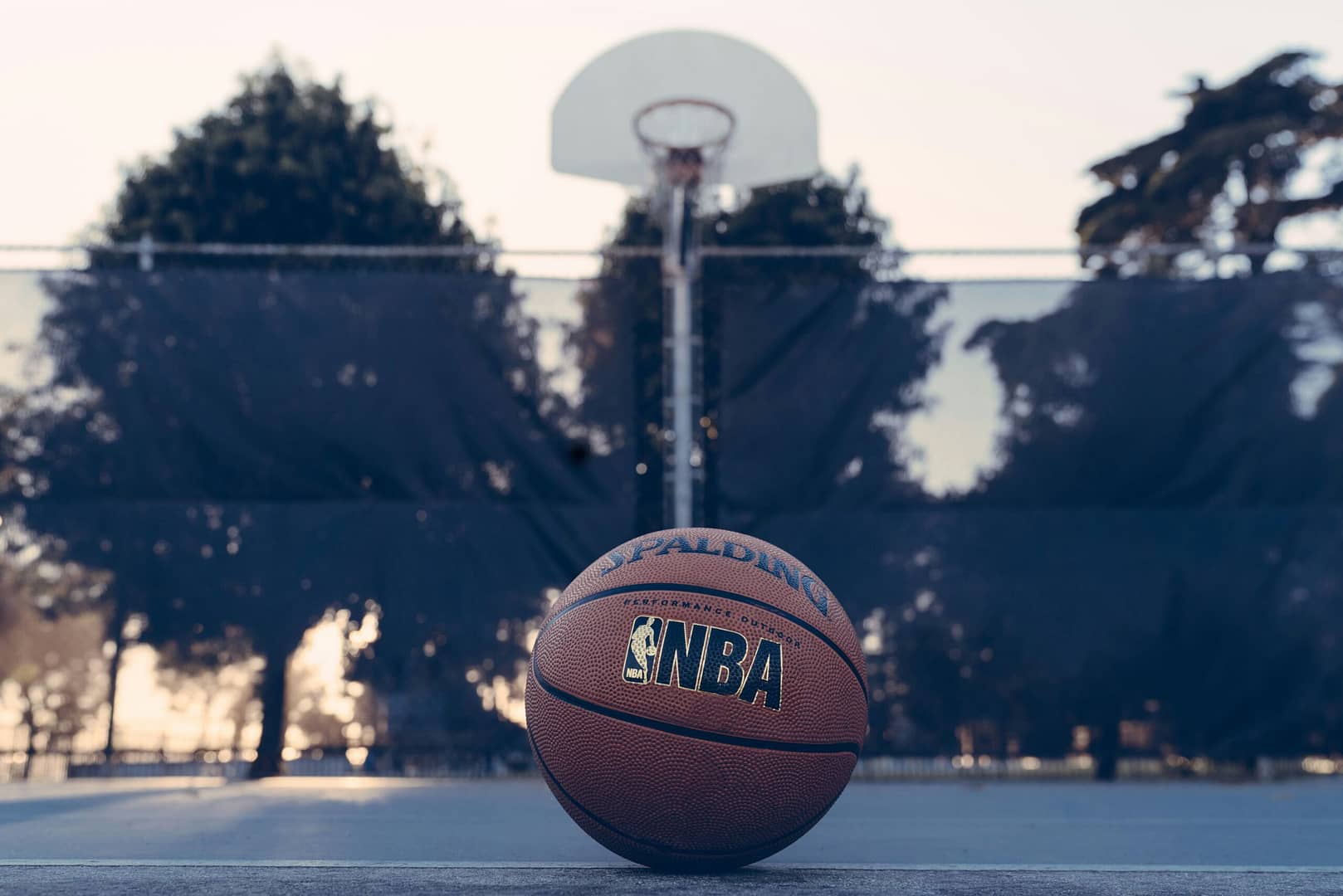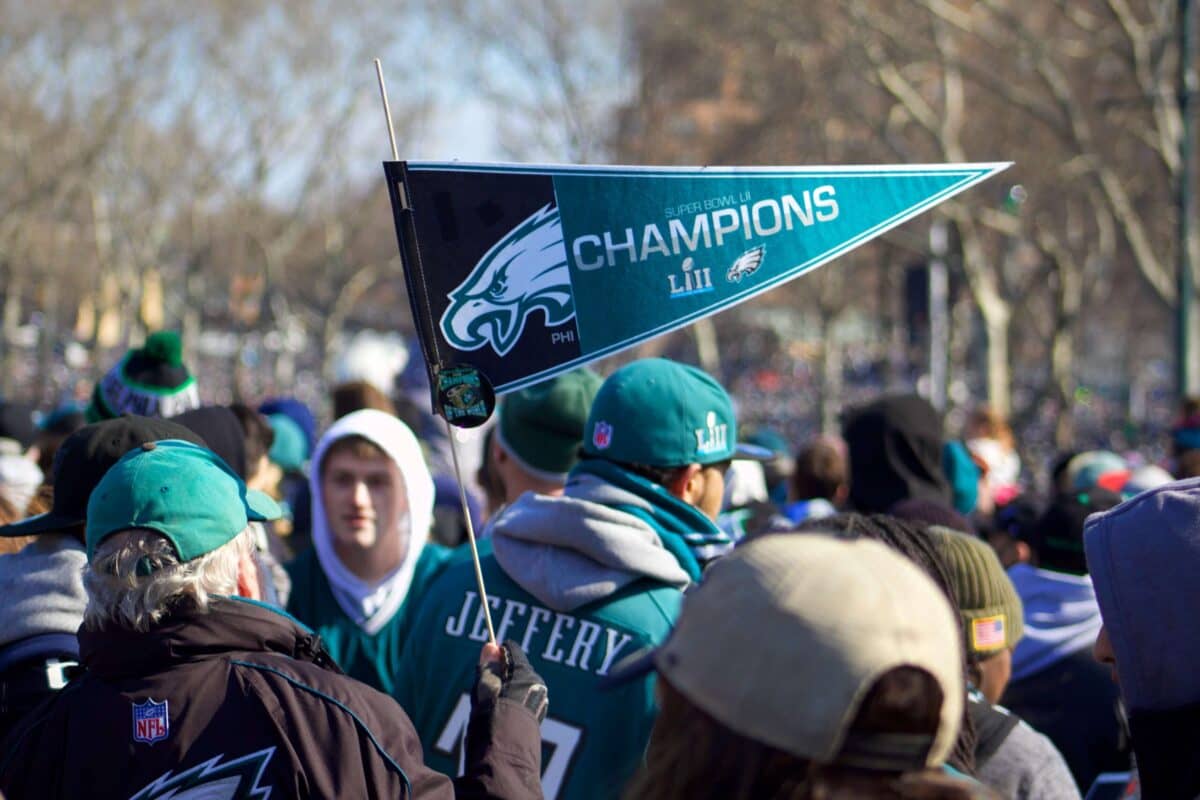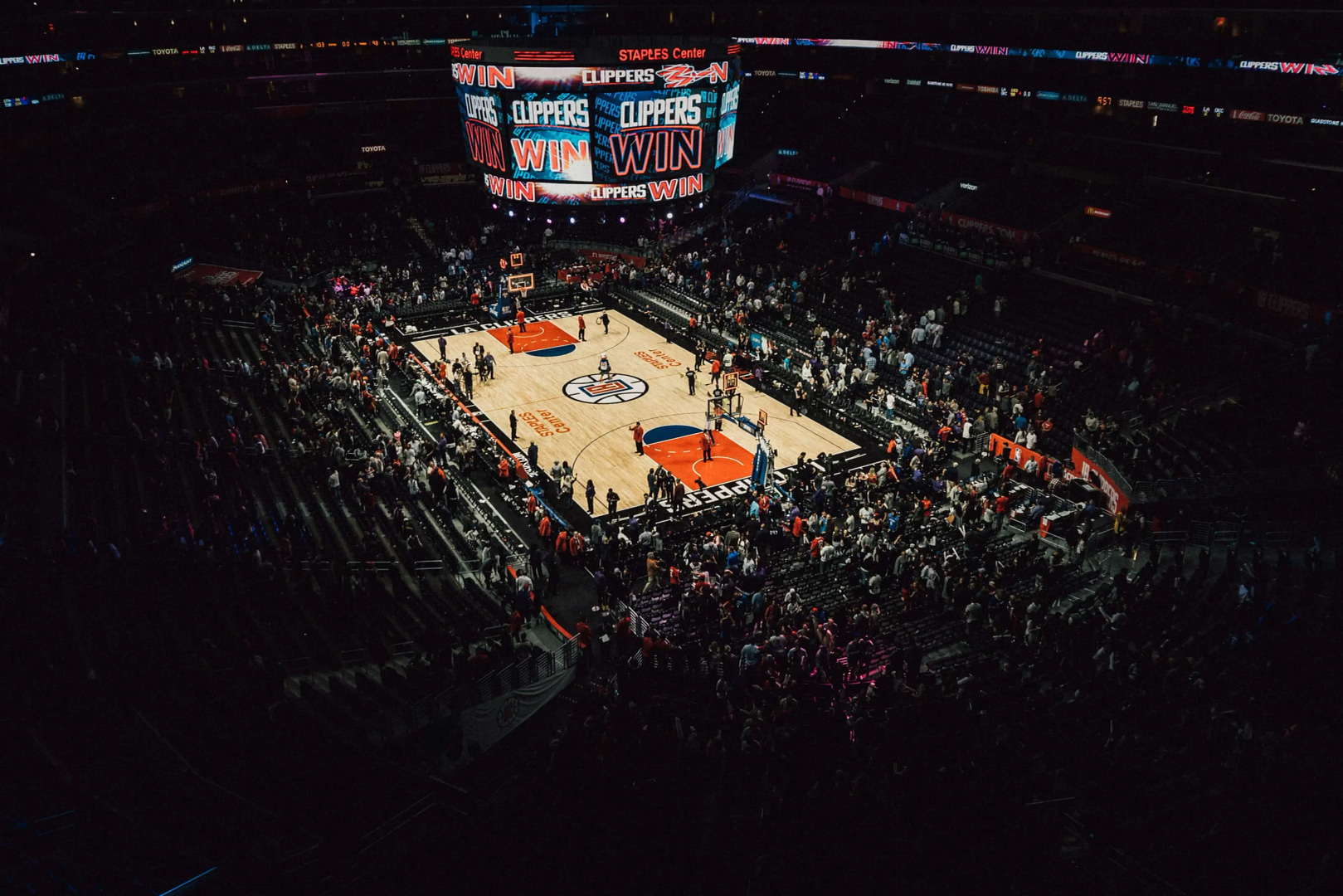Ranking NBA team owners from least to most favorable is subjective, shaped by various factors. The assessment of the NBA team owners often hinges on considerations such as team success, financial management, and community engagement.
Evaluating NBA team owners who goes beyond win-loss records; controversial decisions, financial investments, and fan base connection shape public perception.
Fans may see NBA team owners less favorably due to controversial decisions, and lack of commitment to team improvement. Unfavorable impressions may arise from actions seen as detrimental to the team’s success or failing to align with supporters’ expectations.
Top 10 of the NBA Team owners
Cleveland Cavaliers: Dan Gilbert
In 2005, Dan Gilbert bought the Cleveland Cavaliers for $375 million, influenced by rising star LeBron in his third year. Over the subsequent 18 years, Gilbert’s financial journey has closely mirrored the trajectory of LeBron James. The two shared a tumultuous period, marked by falling out complete with drama when James leave Miami Heat in 2010. Their fortunes took a turn when James made a triumphant return to the Cavs from 2014 to 2018, ultimately clinching an NBA title in 2016.
Despite not garnering alot of favor among NBA fans, Gilbert’s ownership stands as the singular source of NBA championship glory for Cleveland. The dynamics of credit attribution for this achievement remain uncertain, and only time will unveil the true extent of recognition he ultimately receives.
NBA Team Value today: $2.05 Billion
Championships won as owner: 1 (2016)
Price: $375 Million
Purchased: 2005
Top 9 of the NBA Team owners
Dallas Mavericks: Mark Cuban
Back in 2000, there was disbelief and criticism from both your dad and your uncle when the 41-year-old tech-billionaire Mark Cuban spent $280 million to acquire the Dallas Mavericks. It seemed like an extravagant move, and many questioned his decision, labeling it as foolish. Fast forward 23 years, and the tables have turned dramatically. We’re now collectively eating crow as Cuban not only led the Mavericks to an NBA championship but also solidified his position as one of the most renowned owners in the history of professional sports. Moreover, the value of his team has skyrocketed, surpassing the $3 billion mark. The journey from skepticism to success has been nothing short of remarkable.
NBA Team Value today: $3.3 billion
Championships won as owner: 1 (2011)
Price:$280 million
Purchase Year: 2000
Top 8 of the NBA Team owners
Chicago Bulls: Jerry Reinsdorf
In the annals of professional sports ownership, few investments have yielded as spectacular returns as Jerry Reinsdorf’s decision to acquire the Chicago Bulls for $16.2 million back in 1985. Fast forward 38 years and six NBA championships later, the team’s valuation has soared to over $4 billion. However, the post-Michael Jordan era saw Reinsdorf orchestrating a significant reshaping of the Bulls, a move that often attributes blame to Bulls general manager Jerry Krause, yet Reinsdorf’s influence cannot be overlooked.
Reinsdorf’s maneuvering during the dismantling of the Michael Jordan-era Bulls after the 1997-98 season is regarded as one of the great sleights-of-hand in sports history. Despite historical accounts often pointing the finger at Jerry Krause for the breakup, Reinsdorf’s crucial role in the decision-making is undeniable. An undeniable reality the Bulls face is the apparent reluctance of top-tier free agents to join the franchise since Jordan’s departure. The monumental task of stepping into Jordan’s shoes has deterred the very best from aligning themselves with the Bulls, marking a unique challenge for the team in attracting elite talent.
NBA Team Value today: $4.09 billion
Championships won as owner: 6 (1991-1993, 1996-1998)
Price: $16.2 million
Purchased: 1985
Top 7 of the NBA Team owners
San Antonio Spurs: Peter J. Holt
After serving in the Vietnam War, Peter M. Holt returned to Texas and achieved financial success through his Caterpillar dealership. This prosperity led him to spearhead a group of investors that successfully acquired the San Antonio Spurs from Red McCombs in 1993. During Holt’s ownership tenure, the Spurs secured five NBA championships. However, a notable shift occurred when his son, Peter J. Holt, assumed control of the team in 2016.
Under the younger Holt’s leadership, the Spurs have taken a different trajectory, displaying a promising future. This optimism has been further heightened by the team’s strategic move in selecting 7-foot-4 French center Victor Wembanyama as the No. 1 overall pick in the 2023 NBA Draft. The trajectory of the Spurs seems to be on an upward trajectory, and the combination of playing in a great city and for a historically successful team adds to the allure for players.
NBA Team Value today: $2 billion
Championships won as owner: 5 (1999, 2003, 2005, 2007, 2014)
Price: $76 million
Purchased: 1993
Top 6 of the NBA Team owners
Milwaukee Bucks: Wes Edens
Over the past five years, the Milwaukee Bucks’ value has experienced a remarkable surge, more than doubling in the wake of power forward Giannis Antetokounmpo’s ascent to becoming a two-time NBA MVP. Under the ownership of Wes Edens, the Bucks achieved a historic milestone by clinching their first NBA championship in 50 years.
Wes Edens, a Montana native and Oregon State graduate, has played a pivotal role in the Bucks’ success during his ownership tenure. Notably, the team’s financial growth aligns with the on-court achievements, largely attributed to Antetokounmpo’s stellar performances. Edens’ ownership tenure has marked a transformative period for the franchise.
Despite the Bucks’ success, Edens is not resting on his laurels. His ambitious vision extends beyond basketball, with plans to bring Major League Baseball to Las Vegas. The proactive move is evidenced by the trademarking of the team name “Las Vegas Villains,” signaling Edens’ strategic foray into expanding sports ventures beyond the realm of basketball.
NBA Team Value today: $2.1 billion
Championships won as owner: 1 (2021)
Price: $550 million
Purchased: 2014
Top 5 of the NBA Team owners
Miami Heat: Micky Arison
Micky Arison, born into affluence as one of the heirs of Carnival Corporation co-founder Ted Arison, assumed the role of the cruise company’s CEO from 1979 to 2013. In 1995, he made a savvy business move by acquiring the Miami Heat for a seemingly modest $68 million, which, in hindsight, proved to be a remarkable bargain.
Arison’s acumen as an owner is underscored by two key personnel decisions: the hiring of Pat Riley as team president and head coach in 1995 and the selection of Erik Spoelstra as head coach in 2007. Under Riley’s leadership, the Heat secured an NBA title in 2006, and Spoelstra, his chosen successor, continued the team’s success with two more NBA championships and two additional appearances in the NBA Finals. This successful era is synonymous with the renowned “Heat Culture.”
Remarkably, the Miami Heat is currently valued at $3 billion, a testament to Arison’s strategic ownership and the team’s sustained success. Speculatively, if the Heat were to hit the market, its value might approach the $4 billion benchmark set by Mat Ishbia’s acquisition of the Phoenix Suns in 2022. Arison’s adept management has not only elevated the Heat’s on-court performance but also significantly increased the franchise’s overall value.
NBA Team Value today: $3 billion
Championships won as owner: 3 (2006, 2012, 2013)
Price: $68 million
Purchased: 1995
Top 4 of the NBA Team owners
Boston Celtics: Wyc Grousbeck
Boston Celtics enthusiasts, known for their penchant for criticism, especially in times of prosperity, might benefit from pausing to express gratitude for the transformative 21-year tenure under owner Wyc Grousbeck. Since Grousbeck acquired the franchise in 2002, the Celtics have made three appearances in the NBA Finals and reached the Eastern Conference Finals an impressive eight times, culminating in an NBA championship in 2008.
Transitioning to the financial realm, the franchise’s value has consistently appreciated, showcasing the positive trajectory under Grousbeck’s ownership. Moreover, the team boasts one of the NBA’s most promising young talents in forward Jayson Tatum, adding another layer of optimism for Celtics supporters. Despite these accomplishments, the inclination to complain persists among Boston fans, a characteristic almost synonymous with the Celtics’ fervent following. Yet, given the storied history and high expectations, the ultimate goal for the Celtics faithful remains nothing short of securing another NBA title.
NBA Team Value today: $3.92 billion
Championships won as owner: 1 (2008)
Price:$360 Million
Purchased: 2002
Top 3 of the NBA Team owners
Los Angeles Lakers: Jeanie Buss
Upon acquiring the Los Angeles Lakers in 1979, Dr. Jerry Buss orchestrated a comprehensive deal encompassing the Lakers, Los Angeles Kings, Great Western Forum, and a vast California ranch, all valued at $67.5 million. The Lakers’ value has surged over the past 44 years, now standing at an impressive $6.5 billion, propelled by their consistent success in winning NBA championships, amassing a total of 11 titles under Buss’ ownership.
Transitioning to a new era, when Buss’ daughter, Jeanie Buss, assumed day-to-day operations in 2014, the Lakers experienced a remarkable surge in value. This resurgence coincided with the team’s return to championship contention, setting the stage for a promising outlook heading into the 2023-24 season. Despite the Golden State Warriors overtaking them as the most valuable NBA franchise, the Lakers maintain their status as the league’s premier team.
NBA Team Value today: $6.44 billion
Championships won as owner: 11 (1980, 1982, 1985, 1987, 1988, 2000-02, 2009, 2010, 2020)
Price: $67.5 million
Purchased: 1979 as part of a package deal
Top 2 of the NBA Team owners
Golden State Warriors: Joe Lacob and Peter Guber
Breaking a two-decade streak dominated by the Los Angeles Lakers and New York Knicks, the Golden State Warriors claimed the pinnacle of Forbes’ annual list of NBA franchise valuations in 2022, boasting an astounding value of $7 billion. At the helm of this remarkable ascent is owner Joe Lacob, who spearheaded an investment group’s acquisition of the team for $450 million in 2010.
Lacob’s pivotal decisions reshaped the Warriors’ trajectory, notably illustrated by his move to replace head coach Mark Jackson with Steve Kerr before the 2014-15 season. This strategic shift resulted in an immediate triumph, with the Warriors securing the NBA title that year and subsequently adding three more to their illustrious collection. Additionally, under Lacob’s leadership, the team underwent a geographical transition, relocating from Oakland to San Francisco.
NBA Team Value today: $7 billion
Championships won as owner: 4 (2015, 2017-18, 2022)
Price: $450 million
Purchased: 2010
Top 1 of the NBA Team owners
Los Angeles Clippers: Steve Ballmer
The NBA and its fanbase breathed a collective sigh of relief in 2014 when Microsoft billionaire Steve Ballmer stepped in to purchase the Los Angeles Clippers from Donald Sterling, a figure associated with one of the league’s worst scandals and arguably the worst owner in professional basketball history.
Reflecting on the acquisition, it’s suggested that Ballmer might have paid a premium for the franchise. However, this perceived excess hasn’t deterred him from consistently investing substantial sums in pursuit of an NBA championship. Beyond team expenditures, Ballmer further demonstrated his commitment by overseeing the construction of a new arena, the Intuit Dome, set to become the Clippers’ home in 2024 at an estimated cost of $2 billion. Ultimately, for someone with a net worth exceeding $100 billion, the question arises: does the concept of overpayment hold significance?
NBA Team Value today: $3.92 billion
Championships won as owner: None
Price:$2 billion
Purchased: 2014
In conclusion, the landscape of NBA team owners reflects a dynamic interplay between business acumen, strategic decision-making, and the pursuit of athletic excellence.



